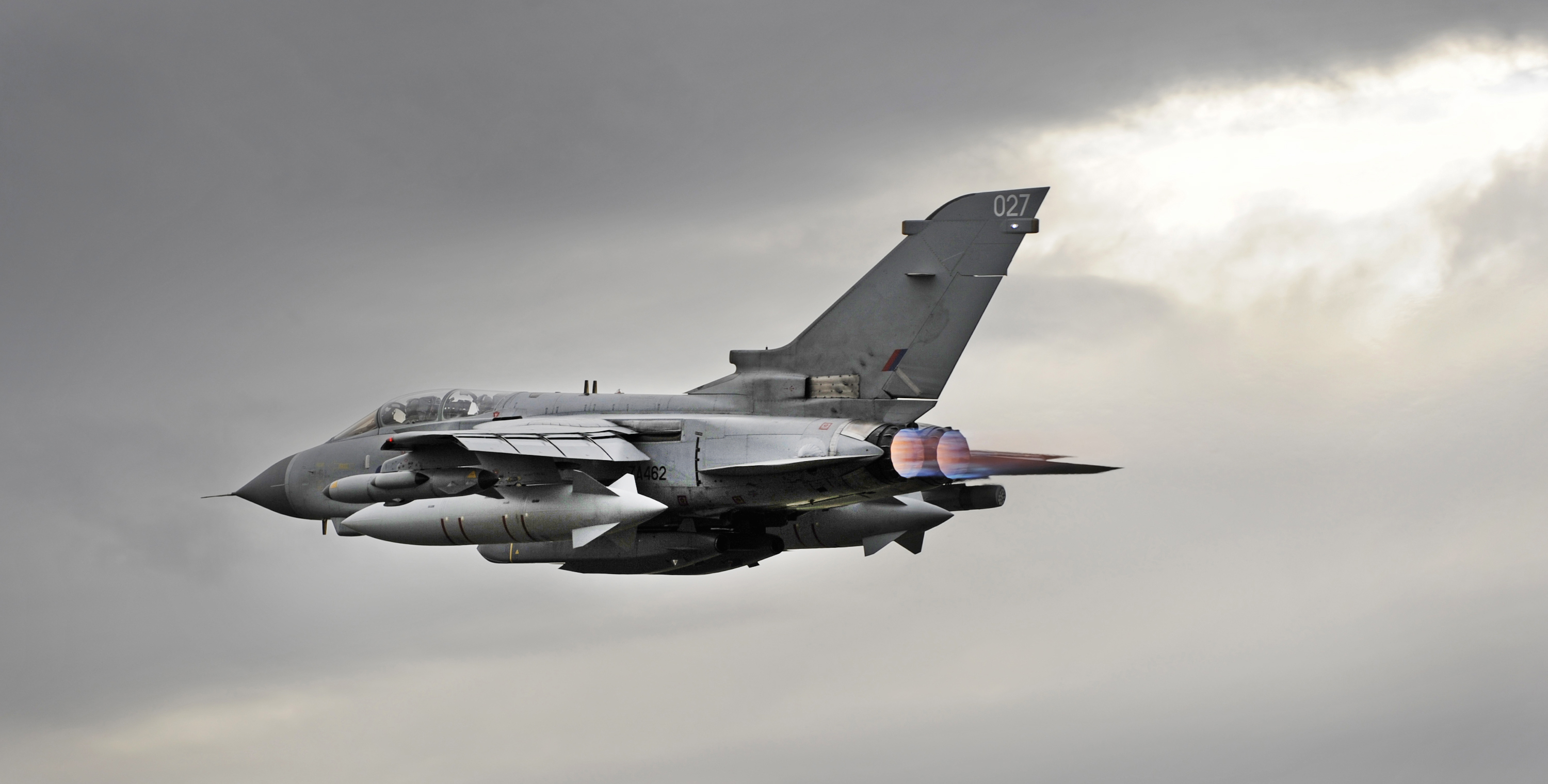
No two crises in recent memory have done more to test the proper use of force by international actors than Libya and Syria. What kind of humanitarian crisis demands international military action, and what kind does not? When should international actors intervene in a recalcitrant country to protect civilians, and when should they not? The contrast between international action in Libya and inaction in Syria has brought to light the problem of selectivity—the sense that international interventions to protect civilians are not based on consistent principles but on capricious politics. When it comes to military intervention, national strategic interest often trumps international humanitarian norms.
Last year, Robert Pape proposed a new “pragmatic standard for humanitarian intervention,” which stimulated a critique from Gareth Evans and Ramesh Thakur in the spring 2013 issue of International Security. A further response from Pape to Evans and Thakur was also printed.


